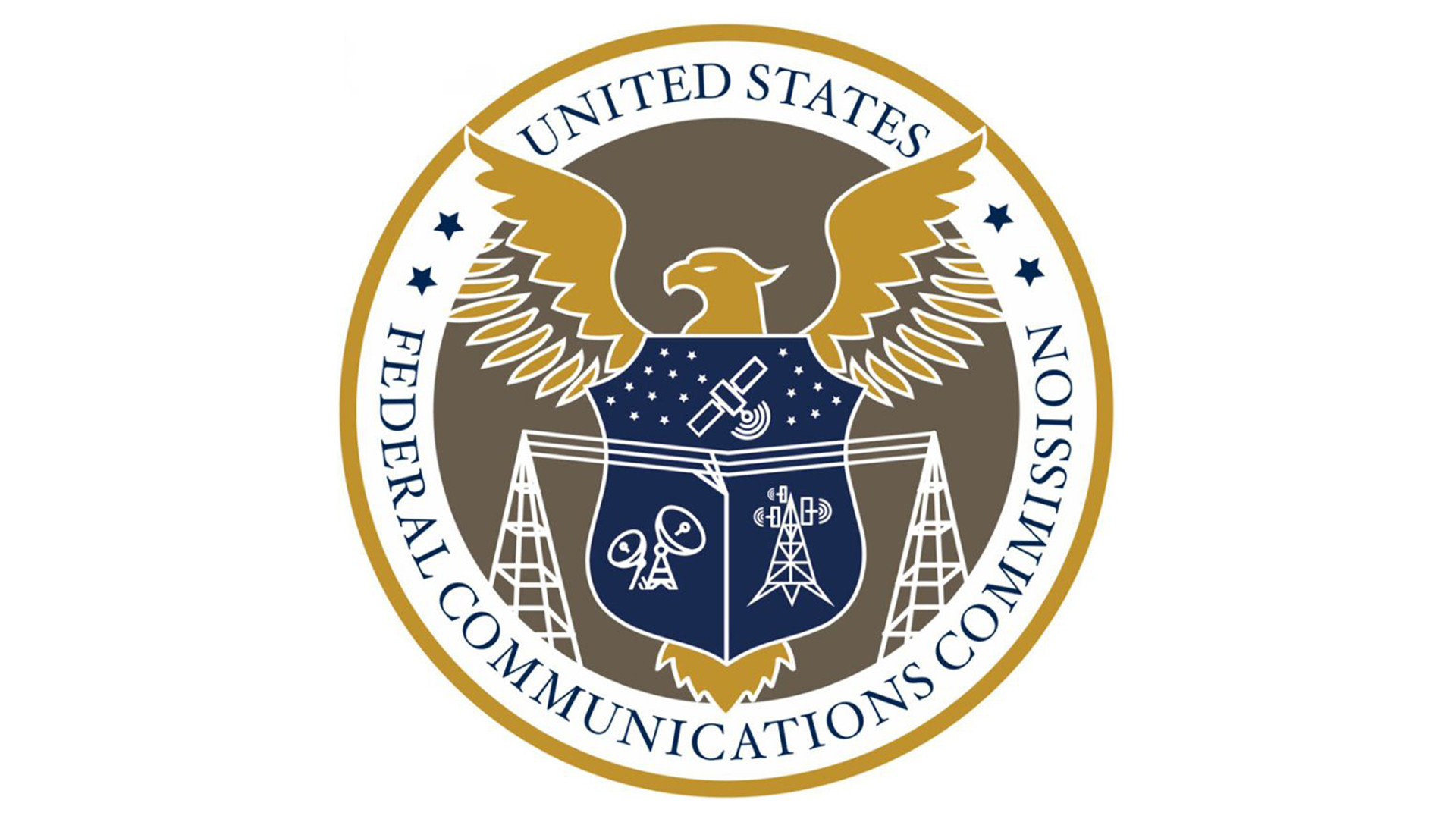Lifeline Groups Seek Court Stay of Service Standard Increase
Said FCC decision was arbitrary and capricious

The smarter way to stay on top of the multichannel video marketplace. Sign up below.
You are now subscribed
Your newsletter sign-up was successful
The National Lifeline Association and Assist Wireless have asked a federal court to stay the Dec. 1 trigger for the FCC's increase of the mobile broadband minimum service standard in the Lifeline subsidy program from 3 GB to 4.5 GB.
They first petitioned the FCC for a stay, but that was denied.
The petitioners told the U.S. Court of Appeals for the D.C. Circuit that absent the emergency stay, they would suffer irreparable harm.
The petitioners argue that the stay is warranted because the FCC's decision was arbitrary and capricious, which is a violation of the Administrative Procedures Act.
They want the FCC to keep the current 3 GB standard, saying that any increase above that "would mandate unaffordable service offerings requiring co-pays and result in less Lifeline access by low-income consumers."
On Nov. 16, the FCC's Wireless Bureau said that rather than raising the standard to 11.75 MB on Dec. 1, it would only raise it to 4.5 MB, explaining that constituted a partial grant of the petition.
The FCC said that allowing the increase to 11.75 GB "would risk undue disruption for Lifeline subscribers and providers," but that keeping it at 3 GB "would risk leaving Lifeline consumers behind at a time when broadband access is more important than ever."
The smarter way to stay on top of the multichannel video marketplace. Sign up below.
Saying he was cleaning up a mess made by the previous commission, Pai last July circulated a draft order that would permanently have cut that new minimum mobile broadband data capacity provided to low income residents by the Lifeline subsidy from 11.75 GB to 4.5 GB, but it did not get voted.
The National Lifeline Association said that because Pai could not get the vote, the Wireless Bureau was directed to do it on delegated authority "skirting the majority of commissioners who were in favor of pausing the mobile broadband MSS at 3 GB pending further study and resolution of [the] reconsideration petitions now pending for an egregiously long period of nearly four and a half years."
Contributing editor John Eggerton has been an editor and/or writer on media regulation, legislation and policy for over four decades, including covering the FCC, FTC, Congress, the major media trade associations, and the federal courts. In addition to Multichannel News and Broadcasting + Cable, his work has appeared in Radio World, TV Technology, TV Fax, This Week in Consumer Electronics, Variety and the Encyclopedia Britannica.

